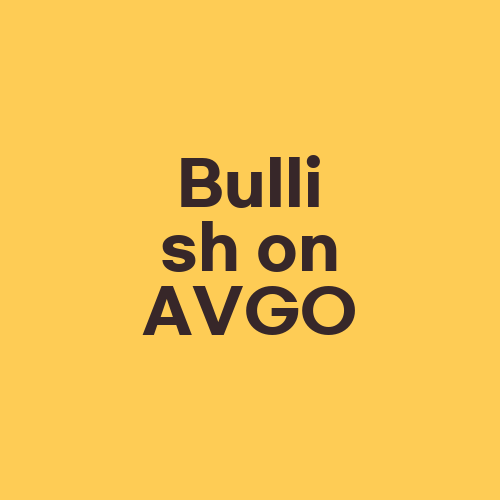Maximizing META Tags

Maximizing META Tags for Higher Site Ranking
META tags are essential HTML elements that provide search engines with information about a webpage. To maximize their effectiveness, it is crucial to optimize and configure them correctly. Here are some tips on how to make the most out of your META tags:
How to Configure META Tags for Better SEO Results
- Use unique and informative title tags that accurately describe the content of your page. Include relevant keywords at the beginning and keep it under 60 characters.
- Incorporate a META description tag that summarizes the page’s content while also including relevant keywords in 150-160 characters.
- Ensure that all tags, including keywords, are relevant and consistent with your content.
- Avoid keyword stuffing and ensure that the keywords are naturally incorporated into your tags and content.
- Use header tags and other HTML tags to highlight important information and make it easier for search engines to read your content.
In summary, META tags are crucial components of SEO optimization. By optimizing and configuring them correctly, you can enhance your webpage’s visibility and achieve higher search engine ranking.
Additional Tips for Making the Most Out of META Tags
- Use a sitemap to help search engines crawl your webpage more efficiently.
- Incorporate images and videos with optimized ALT tags to increase your chances of appearing in image and video searches.
- Utilize rich snippets to provide additional information about your page’s content, such as ratings or prices.
- Regularly update and refresh your content to demonstrate its relevance to search engines.
- Monitor and analyze your website’s analytics to identify areas requiring optimization.
In conclusion, a well-configured and optimized META tag is a powerful tool for improving your webpage’s search engine ranking. By following these tips and incorporating them into your website’s overall SEO strategy, you can make your online presence more visible and accessible to a broader audience.
For more information on META tags and other SEO optimization strategies, visit www.semrush.com
Ideas for Improving META Tag Configurations
- How can I use long-tail keywords in my META tags for better optimization?
- What are some strategies for incorporating rich snippets into my webpage’s META tags?
- How can I make my title and description tags more engaging and informative for users?
- What are some common mistakes to avoid when optimizing META tags?
FAQ About META Tags for SEO Optimization
A1. META tags are HTML elements that provide search engines with information about a webpage’s content. By optimizing and configuring them correctly, you can enhance your webpage’s visibility and achieve higher search engine ranking.
A2. Incorporate long-tail keywords in your title, description, and meta keywords tags to make your content more relevant to specific search queries.
A3. Avoid keyword stuffing, using duplicate content or irrelevant keywords, and not including a META description tag.
Q4. How can I monitor my website’s SEO optimization progress?
A4. Regularly analyze your website’s analytics to identify areas requiring optimization and observe changes in your search engine ranking over time.
tags are HTML elements that provide search engines with information about a webpage’s content. By optimizing and configuring them correctly, you can enhance your webpage’s visibility and achieve higher search engine ranking. Incorporate long-tail keywords in your title, description, and meta keywords tags to make your content more relevant to specific search queries. Avoid keyword stuffing, using duplicate content or irrelevant keywords, and not including a META description tag. Monitor and analyze your website’s analytics to identify areas requiring optimization. META tags are crucial components of SEO optimization, so incorporating them into your website’s overall SEO strategy is paramount. One way to maximize the effectiveness of META tags is to use unique and informative title tags that accurately describe the content of your page, include relevant keywords, and keep them under 60 characters. Use a META description tag that summarizes the page’s content and includes relevant keywords in 150-160 characters. Ensure that all tags, including keywords, are relevant and consistent with your content, avoid keyword stuffing, and use header tags and other HTML tags to highlight important information and make it easier for search engines to read your content. Incorporate images and videos with optimized ALT tags, use a sitemap, and utilize rich snippets to provide additional information about your page’s content to increase your webpage’s visibility and accessibility. Regularly update and refresh your content to demonstrate its relevance to search engines, and remember to monitor and analyze your website’s analytics to identify areas requiring optimization.
For more information on META tags and other SEO optimization strategies, visit www.semrush.com.
Q1. What are META tags, and how do they affect SEO rankings?
A1. META tags are HTML elements that provide search engines with information about a webpage’s content. By optimizing and configuring them correctly, you can enhance your webpage’s visibility and achieve higher search engine ranking.
Q2. How do I use long-tail keywords in my META tags?
A2. Incorporate long-tail keywords in your title, description, and meta keywords tags to make your content more relevant to specific search queries.
Q3. What are some common mistakes to avoid when optimizing META tags?
A3. Avoid keyword stuffing, using duplicate content or irrelevant keywords, and not including a META description tag.
Q4. How can I monitor my website’s SEO optimization progress?
A4. Regularly analyze your website’s analytics to identify areas requiring optimization and observe changes in your search engine ranking over time.





